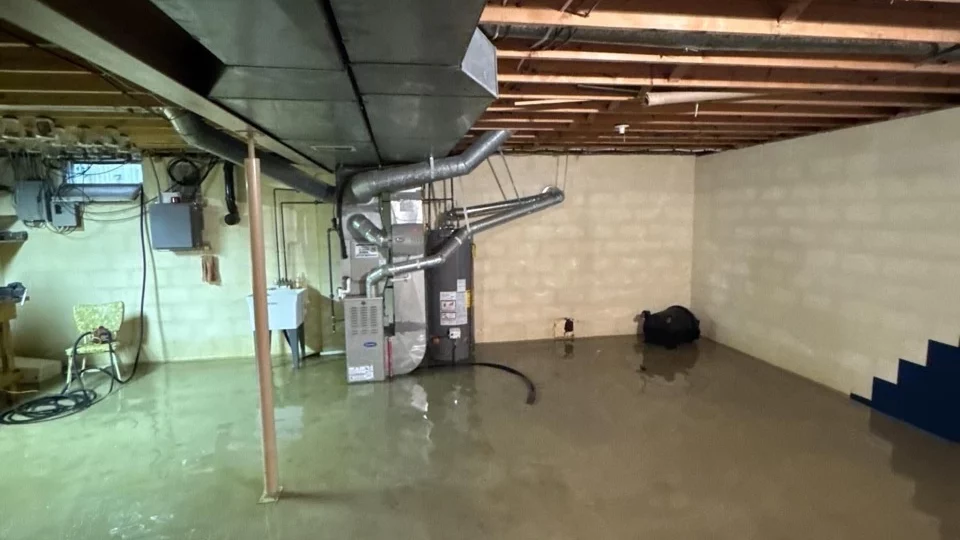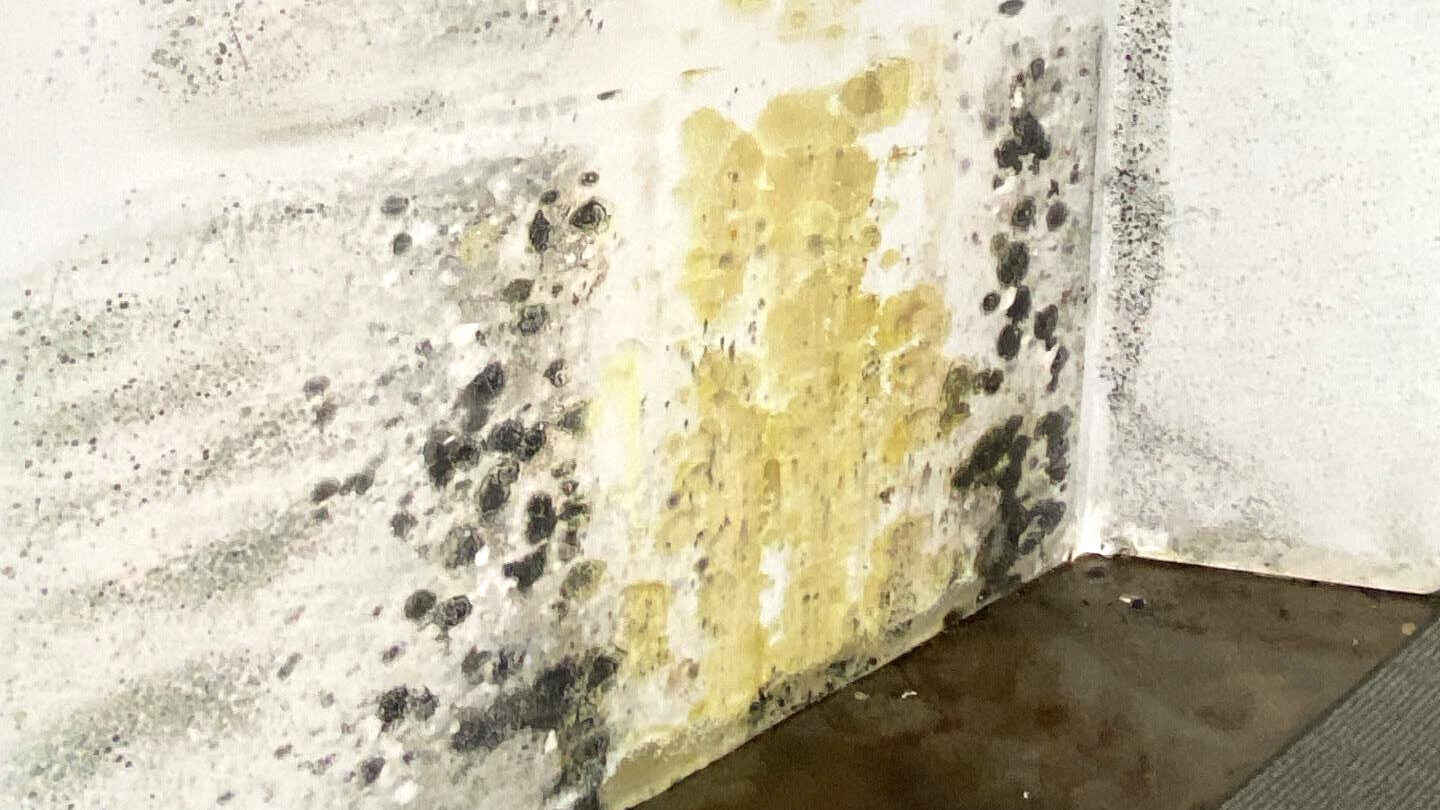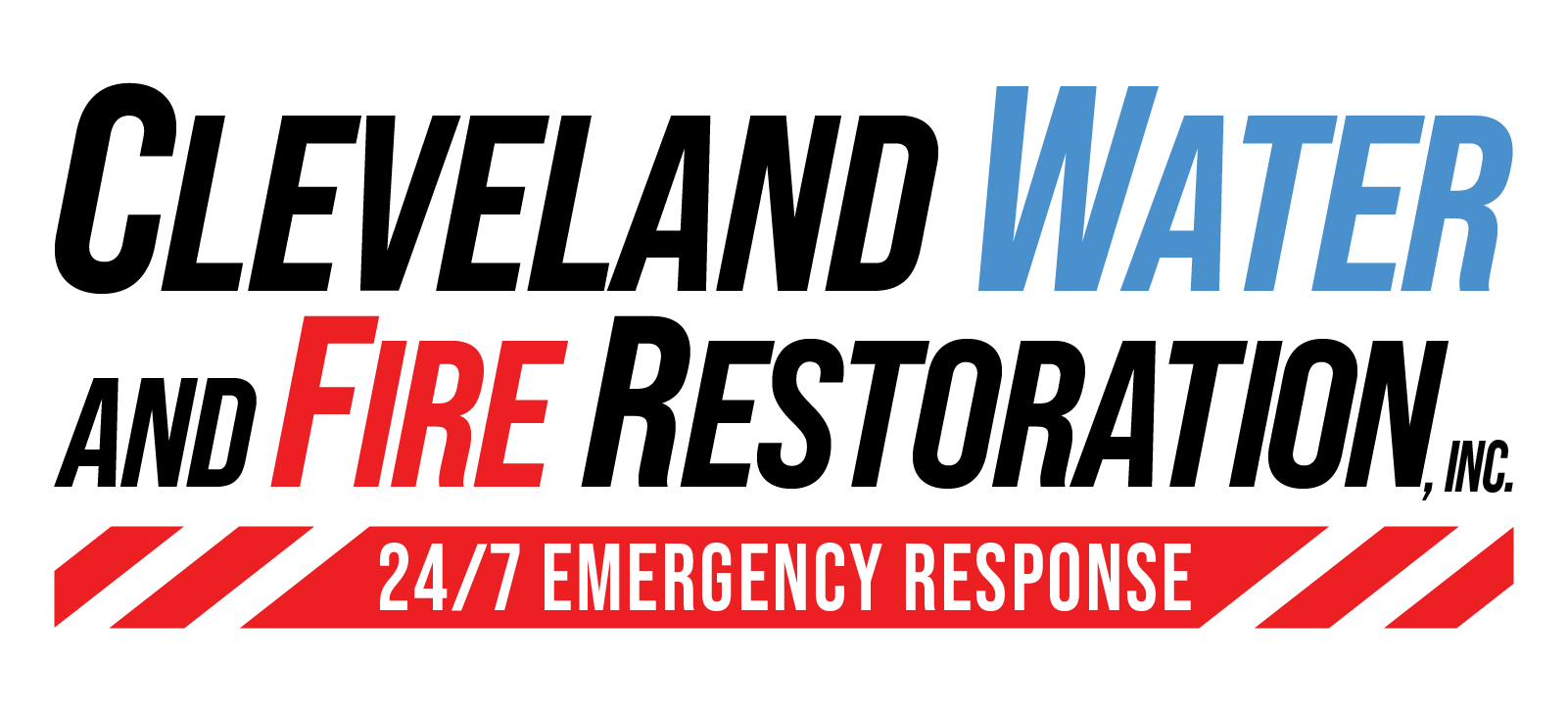Water damage, if left unattended, can escalate into a serious problem for property owners. A timely response is crucial, not just for the integrity of the building, but more importantly, for the health of its occupants. In this post, we delve into the critical reasons why water damage must be addressed promptly and the dire consequences of neglecting it.
Understanding the Risks of Delayed Water Damage Repair
When water damage occurs, the immediate reaction might be to ignore it, especially if it seems minor. However, the implications of such negligence can be far-reaching. Water damage poses serious health risks due to the potential growth of mold. Mold can flourish within a mere 24 to 48 hours of exposure to moisture, leading to respiratory issues and other health concerns for the building’s occupants. Therefore, expedient action is critical to prevent these health hazards.
Water behaves unpredictably. It doesn’t just affect visible areas but can permeate through walls and seep into the framework of a building. The structure itself acts like a straw, drawing moisture upwards and into unseen areas. This not only complicates cleanup efforts but also increases the potential for ongoing damage.

Secondary Damages and Rising Costs
Water damage doesn’t stand still. Left unchecked, it seeps into structural materials and mechanical systems, turning a fixable problem into a major rebuild. Wood, drywall, and insulation can deteriorate quickly when left wet. In many cases, what could have been dried and repaired ends up needing full replacement. With each passing day, the scope of damage grows—and so do the costs.
Delay also creates insurance headaches. Insurance carriers expect property owners to take reasonable steps to limit damage. If mold develops or the situation worsens due to inaction, coverage can be denied, leaving you to shoulder the repair costs. Learn more about our Water Damage Restoration services.
Health Risks for Occupants
Ignoring water damage endangers the people inside the building. Damp environments encourage mold growth, which can cause respiratory issues and allergies. Children, older adults, and anyone with existing health conditions are particularly vulnerable. See our Mold Inspection & Removal services for more details.
Moisture also creates conditions where bacteria and other harmful microorganisms can thrive. If the water comes from a sewer backup, the contaminants can be even more dangerous. Fast action is essential to protect the health and safety of everyone in the building. For more information, visit our Sewage Cleanup page.

Why Professional Help Matters
Water damage is rarely straightforward. Certified restoration professionals have the training and equipment to handle it safely and efficiently. They know how to remove water, dry materials, and prevent further damage—including mold and contamination from sewage.
Response time matters. Experienced technicians are available around the clock to act quickly, assess the situation, and stabilize the property. This kind of intervention protects both the structure and the people inside it.
Does Water Damage Go Away on Its Own?
No. Left alone, water damage only gets worse. Materials break down, repairs become more expensive, insurance coverage becomes harder to secure, and health risks increase.
The solution is immediate, professional action. Addressing the damage quickly helps control costs, preserve the property, and keep the environment safe for its occupants. Waiting is not an option.
